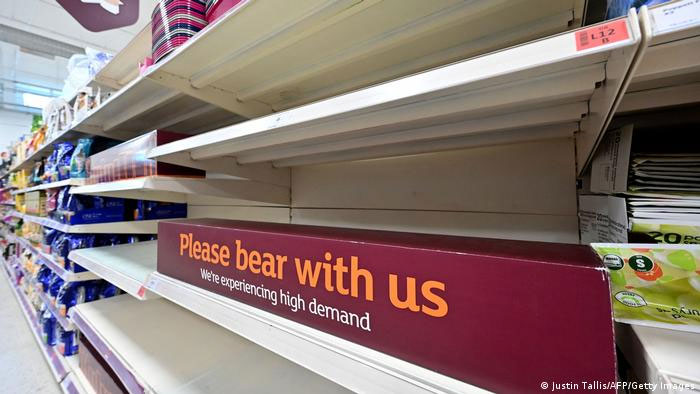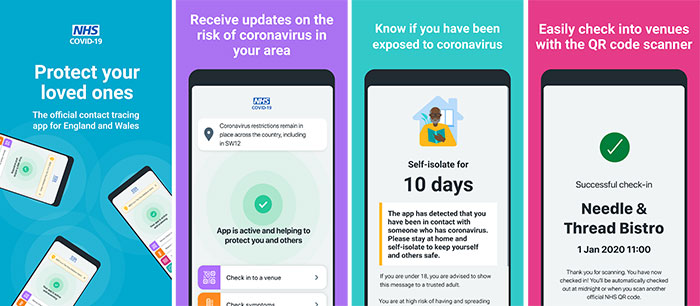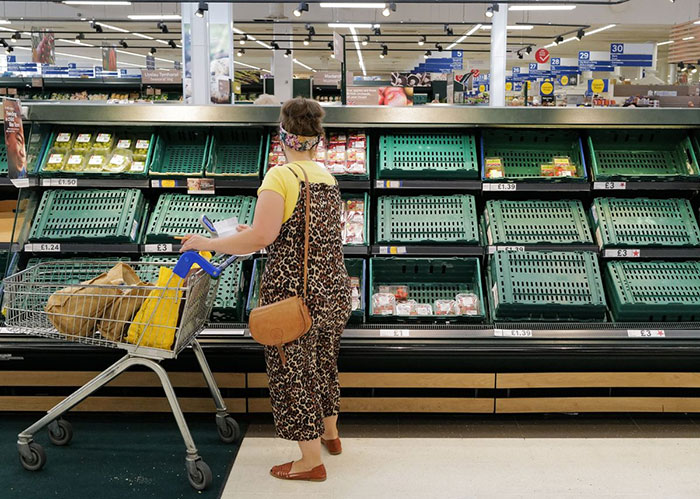The UK government has implemented a change in how the NHS Covid-19 app works. In a press release on Monday, the government said that the update will mean fewer contacts will have to isolate. Importantly, it insists that the update "does not impact the sensitivity of the app, or change the risk threshold, and will result in the same number of high-risk contacts being advised to self-isolate". The change in the app's 'logic' comes as disruption caused to individuals and businesses - due to 'pinged' folk staying at home and isolating - has been judged to be too high, and given rise to a phenomenon widely referred to as the 'Pingdemic'.

Credit is given to the app for playing a "crucial role in breaking chains of transmission, preventing hospitalisations and saving lives". It is claimed that during the first three weeks of July, as cases rose exponentially in the UK, the app averted approx 50,000 Covid-19 cases (assuming 60 per cent compliance with isolation instructions). Furthermore, the government scientific advisors reckon that this prevented 1,600 hospitalisations – for those unfortunates who get into serious difficulty with breathing etc.
The above results sound good, and the app useful – so why is the government changing things now? As the BBC reports, "almost 700,000 alerts were sent by the app to users in England and Wales for the week to July 21, a record since it was launched, which has caused staffing issues in many industries". So, the government hopes that reducing the positive test contact time element of the app's logic from 5 to 2 days will scale-back the self-isolation impacts on businesses. It is also considering making key workers in industries like food distribution exempt from having to self-isolate when pinged – but instead taking daily tests to make sure they aren't a risk to colleagues.

Recently installed Health and Social Care Secretary, Sajid Javid said about the update "We want to reduce the disruption that self-isolation can cause for people and businesses, while ensuring we're protecting those most at risk from this virus. This update to the app will help ensure that we are striking the right balance." Javid restated how important it is for those pinged to follow the app's instructions to self-isolate, a legal obligation, to reduce the spread of the virus.
Another change, applied from 16th August, will help reduce Pingdemic impacts on the UK. From that date, "fully vaccinated contacts in England will be exempt from isolation and instead will be advised to take a PCR test," says the UK gov blog. The UK public are urged to continue to use the NHS branded Covid-19 app (Android, iOS). It is probably worthwhile updating it to the latest version too (last update was on 28th July).

An official document detailing the UK's Covid-19 app risk-scoring algorithm is available here.






